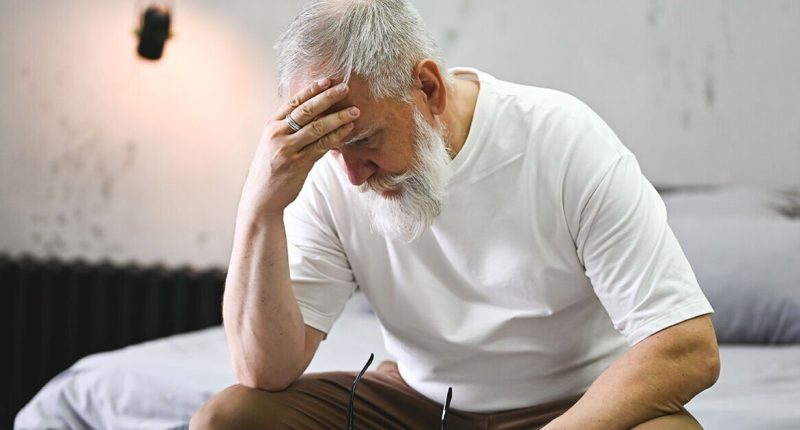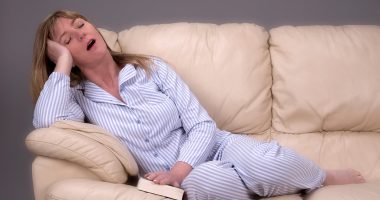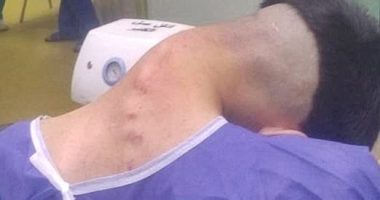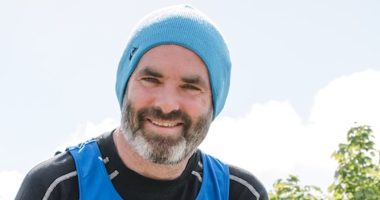Share this @internewscast.com
An oncologist is urging men not to ignore a common nighttime habit that could signal cancer. According to the expert, repeatedly getting up in the night to use the toilet could be a symptom of a deadly disease.
Nipping to the loo during night is common and not normally something to worry about. However, frequently getting up in the night could mean you have nocturia, which can be caused by prostate cancer.
Prostate cancer is the most common cancer in UK men, with around 55,000 new cases each year, according to Cancer Research UK. It affects the walnut-sized prostate gland and symptoms typically only appear once the cancer has grown large enough to place pressure on the urethra, which carries urine out of the bladder.
Doctor Jiri Kubes, a radiation oncologist at the Proton Therapy Centre, explained: “Getting up to use the toilet in the night is very common and tends to occur more often as we age, so it’s not something to be concerned about on its own.
“But if you notice changes to your toilet habits, such as a new need to empty your bladder more often, then it’s always worth getting checked out.
“The same goes for any other changes in urinary habits that are unusual for you.” Other symptoms of prostate cancer include difficulty starting to pee, having a weak flow or straining while peeing.
Feeling as if your bladder has not fully emptied can also be a warning sign. However, these signs do not necessarily point to cancer as they could be caused by an enlarged prostate.
Find out about the symptoms you need to watch out for and get health advice with our free health newsletter from the Daily Express
Dr Kubes continued: “Lots of men develop an enlarged prostate as they get older because of a non-cancerous condition called benign prostate enlargement. Many of these changes in urinary function are associated with this, so they are not necessarily a sign you have cancer.
“It’s always a good idea to discuss any changes in your toilet habits with your doctor so they can investigate the cause of the symptoms and rule out something sinister.” Men who are over the age of 50 are more at risk of prostate cancer, as are people with a family history of the disease and members of the black community.
“Identifying cancer as soon as possible can mean more effective treatment options,” Dr Kubes added. The NHS also lists needing to urinate more frequently at night as a potential symptom of prostate cancer.
Other signs include:
- Needing to rush to the toilet
- Difficulty in starting to urinate (hesitancy)
- Straining or taking a long time while urinating
- Weak flow
- Feeling that your bladder has not emptied fully
- Blood in urine or blood in semen.
If you experience any symptoms, you should speak to your GP. If you are over 50, you can ask a GP for a blood test known as a prostate-specific antigen (PSA) test.
This measures the level of PSA and may help detect early prostate cancer. You can also check your risk of prostate cancer with a 30-second online checker here.















